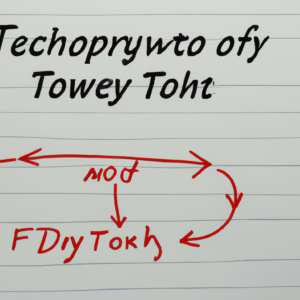Financial Market Integration
What is Financial Market Integration?
Financial market integration refers to the process by which different financial markets across countries or regions become interconnected and interdependent. This can include the integration of stock markets, bond markets, currency markets, and other financial instruments.
Benefits of Financial Market Integration
Financial market integration can bring about several benefits, including:
Increased liquidity
Integration allows for a larger pool of investors and traders, leading to increased liquidity in the markets. This can result in tighter bid-ask spreads and lower transaction costs.
Diversification opportunities
Investors can access a wider range of investment opportunities by tapping into integrated markets. This can help reduce risk and enhance portfolio diversification.
Efficient allocation of capital
Integrated markets allow for the efficient flow of capital across borders, enabling funds to be allocated to where they are most needed or where they can generate the highest returns.
Challenges of Financial Market Integration
While financial market integration can bring about numerous benefits, there are also challenges that need to be addressed, including:
Regulatory harmonization
Ensuring consistency in regulations across different markets is crucial for smooth integration. Varying regulatory frameworks can create barriers to entry and hinder the flow of capital.
Risk management
Integrated markets can also lead to increased interconnectedness and contagion risk. A financial crisis in one market can quickly spread to others, highlighting the importance of effective risk management practices.
Examples of Financial Market Integration
There are several examples of financial market integration around the world, including:
European Union
The European Union has made significant strides in integrating its financial markets through initiatives such as the Single Euro Payments Area (SEPA) and the Capital Markets Union (CMU). This has helped create a more unified and efficient financial system within the EU.
ASEAN
The Association of Southeast Asian Nations (ASEAN) has also been working towards greater financial market integration through initiatives such as the ASEAN Banking Integration Framework and the ASEAN Capital Markets Forum. This aims to enhance financial connectivity and promote economic growth in the region.
Conclusion
Financial market integration plays a crucial role in promoting economic growth, enhancing market efficiency, and providing investors with greater opportunities. While there are challenges that need to be addressed, the benefits of integration far outweigh the costs, making it a key priority for policymakers and market participants alike.










